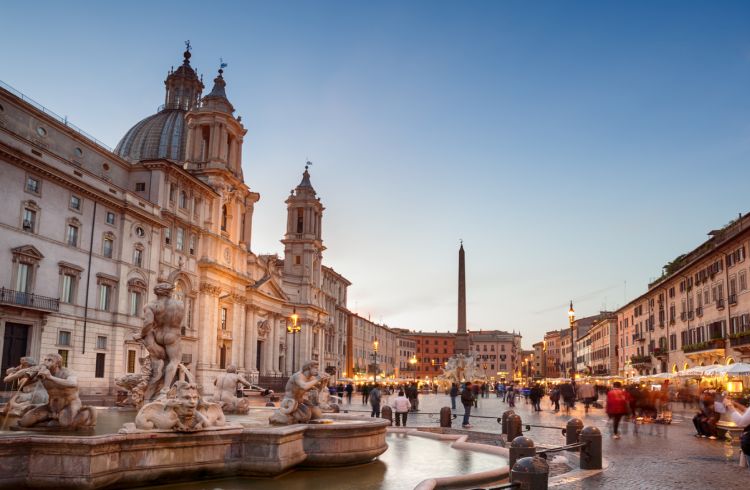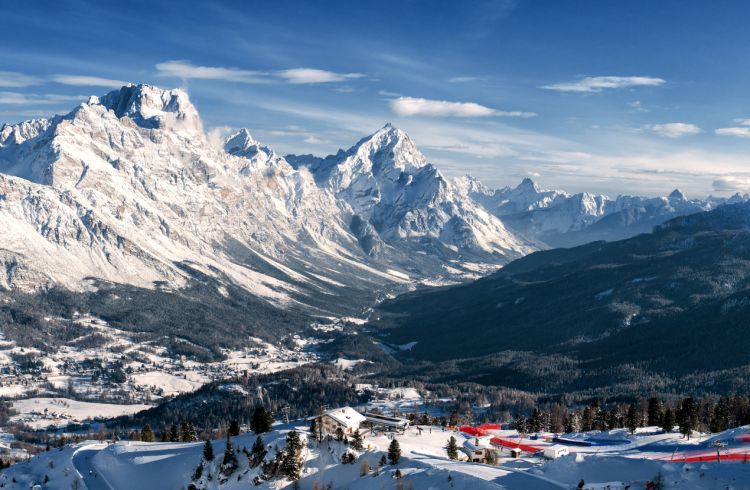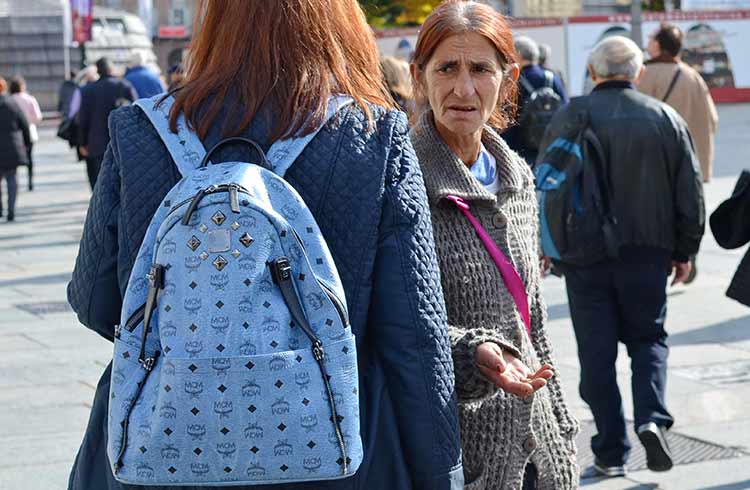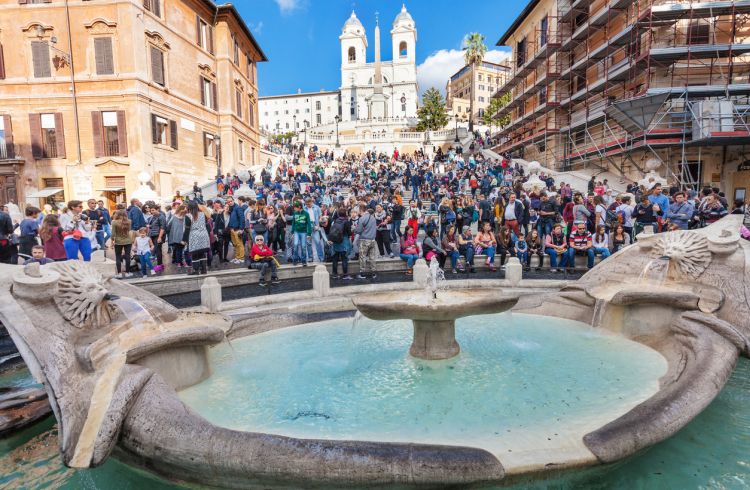Is Italy Safe? 5 Essential Travel Tips for Visitors
Coronavirus (COVID-19) and travel: The situation around the world is changing dramatically. Various governments have changed their travel warnings to restrict travel during this time. To understand how this may impact cover under your policy, please go to our FAQs and select your country of residence.
For the latest travel warnings and alerts around the world, read about lockdowns and border restrictions.
How safe is Italy? Our travel safety expert shares her tips on what you need to know about health, theft, women's safety, train travel, drink spiking and the mafia.
Shares
 Photo © iStock/fazon1
Photo © iStock/fazon1
Forget the stereotypes and myths about Italy. Here are five travel safety tips to avoid trouble on your vacation.
- How bad is crime in Italy?
- Watch out for pickpockets
- Visiting religious sites in Italy
- Train travel safety in Italy
- Drink spiking in Italy
1. How bad is crime in Italy?
Italy is a safe place to travel, and violent crime is rare. In the 2023 Global Peace Index, Italy ranks 34 out of 163 countries when it comes to safety and peace.
Travelers should take the usual precautions to avoid becoming a victim of petty crime in Italy, just as you would in any country.
However, be aware that street crime in Italy is common, and travelers should watch out for pickpockets, bag-snatchers and common travel scams in particular, especially when visiting major cities.
Be aware of your surroundings at all times. Avoid dark streets, and secluded places at night, and preferably go out at night with other people.
If you are unsure of the safety of the area you're visiting, ask your accommodation staff about areas of town to avoid, and the best forms of transport – and take their advice.
Begging has increased across the country, and there are scammers who use begging as a tactic to distract you while an accomplice takes your valuables.
As for the mafia? They are more concerned with turf wars than tourists. So long as you aren't dealing with drugs or meddling in any shady dealings on your trip, you have no reason to be afraid.
2. Watch out for pickpockets
Pickpockets are common in well-known, crowded tourist spots and transport terminals such as in Rome, Florence, and Naples. Always have your belongings and valuables in sight or locked away safely in your accommodation. Never leave your phone or wallet on the table while eating at a restaurant or cafe, especially outdoors, and never hang your bag over the back of the chair.
3. Visiting religious sites in Italy
Italy has many famous religious sites, and both men and women travelers should cover their shoulders and knees when visiting respectfully. Carry a scarf or wrap that you can easily use to cover your shoulders or turn into a makeshift skirt if you're wearing shorts. Wear comfortable shoes, as you'll be walking around a lot, and many places in Italy have uneven, cobblestone paths and roads.
4. Train travel safety in Italy
Traveling by train is one of the best ways to get around Italy, however, look out for opportunistic thieves.
- Keep what is valuable and important close to you
- Keep an eye on your belongings, especially at crowded train stations
- Use carabiners or a short cable-style bike chain to attach your belongings to racks, bunks or any other fitting. This will make potential thieves think twice about a quick snatch-and-grab
- If you are traveling overnight and staying in a cabin, make sure you lock the door from the inside.
- Try to minimize the amount of cash you carry on the train. Keep whatever cash/cards on you while you sleep.
5. Drink spiking in Italy
In the bars around Piazza Navona and Campo di Fiori in Rome, there have been reports of drink spiking. Be cautious when visiting bars at transport hubs, such as Roma Termini and Florence's Santa Maria Novella station.
Never accept uncovered drinks from strangers or new friends you have just met – insist you join them at the bar if you want to take up their offer of a drink. Watch the bartender pour your drink, and never leave an open drink unattended.
If you start to feel woozy, or unusually drunk for the amount you've had, ask friends for assistance. Or, if you're alone, ask the bar staff for help.
Get a travel insurance quote for Italy
You can buy at home or while traveling, and claim online from anywhere in the world. With 150+ adventure activities covered and 24/7 emergency assistance.
Related articles
Simple and flexible travel insurance
You can buy at home or while traveling, and claim online from anywhere in the world. With 150+ adventure activities covered and 24/7 emergency assistance.
Get a quote


1 Comment
I think you're exaggerating a bit here.
I don't know about Rome, but in northern Italy cat-calling is the same as it is in the rest of western Europe, some rare pleb may do it but I've never seen anyone doing it.
As far the mafia goes, they do organized crime, they don't mug people. The likeliness of witnessing a mob killing and getting killed in the process is extremely low, you're thousands times more likely to get run over by a car when crossing the street (remember that you're in Italy :P). It's really a non-worry.
In the south you have more risk of mugging simply because it's a poorer area and the rule of law is weaker so e.g. in Naples even natives do theft and scams (mostly through pickpocketing), but the same can happen in the big cities in the rest of Europe if there's a nomad presence, the natives don't do the crime but the end result is the same.
You're right that rallies of any kind (political or sports) should be avoided because hooliganism isn't really under control, and the extreme left and right organizations often organize rallies and make it a point to clash with the police.
This applies especially to anti-austerity and anti-infrastructure protests, they go there equipped for a fight with shields and all.